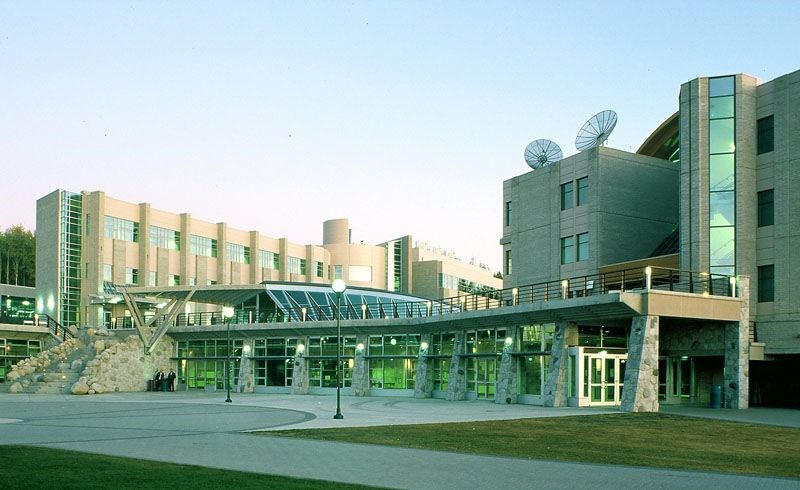To paint an accurate picture of nursing in rural and remote Canada, a study led by UNBC nursing professor Dr. Martha MacLeod will reach almost 10,000 nurses.
The three-year study is beginning it second year and now reaches out to about 450 nurses across rural B.C. The research will survey registered nurses, licensed practical nurses, nurse practitioners, and registered psychiatric nurses.
"The purpose of the study is to get a really good picture of the practice of nurses in rural and remote Canada," said MacLeod, joined in the study by the 17-member research team, including six professors from UNBC.
Some examples of questions asked include what their background education is and where they grew up. A previous study done a decade ago found health practitioners who grew up in rural and remote areas are more likely to work in rural and remote areas.
"We're going to find out what kinds of roles and practices they do in their various work places now, and we're going to find out what will recruit and retain them," said MacLeod.
Information gathering done in Canada during the last decade found 18 per cent of nurses provided care for 21 per cent of the population, which is rural and remote ,and now 12 per cent provide care to 18 per cent of Canadians, she added.
"Right now in B.C. about 12 per cent of the population is rural and only six per cent of nurses are rural," said MacLeod, who has been studying the subject since 1990. "So the rural population is decreasing proportionately but the proportionate population of nurses is decreasing greater in Canada and even more so in B.C."
As someone who has done extensive studies about rural nursing, MacLeod has described nurses as 'we're it' for healthcare and that has gone into the literature about rural nurses.
"They are multi-specialist generalists in that they've got to have a huge amount of knowledge at their fingertips because they never know what's coming through the door," said MacLeod.
There is another challenge for nurses in a rural community and that is they have to be neighbours, friends, and professional care givers while negotiating those boundaries so they maintain confidentiality and professionalism in their own lives, she added.
"That takes a great deal of sophistication and care," said MacLeod.
The study will also discover what roles each kind of health practitioner takes in a rural community and how they work together as an interdisciplinary team that includes registered nurses, licensed practical nurses, nurse practitioners, and registered psychiatric nurses.
"We're really hoping that many of the B.C. nurses will answer the questions so we get an accurate picture of the province as well as how B.C. nurses fit into the whole national picture," said MacLeod.
Following the study of registered nurses a decade ago, the chief nursing officers in B.C. concluded there was a need for education specific to rural and remote nursing in B.C., which prompted the creation of the UNBC rural and remote nursing certificate program that has been taken by about 500 nurses, said MacLeod.
"This gives the nurses the knowledge and confidence and competence to deal with the multitude of people they care for every day in rural communities," said MacLeod.
Recently the provincial government presented a rural health strategy and the findings of this study will be connected with it to ask the question how can communities work better to recruit and retain nurses.
Beginning reports will come out next year.



